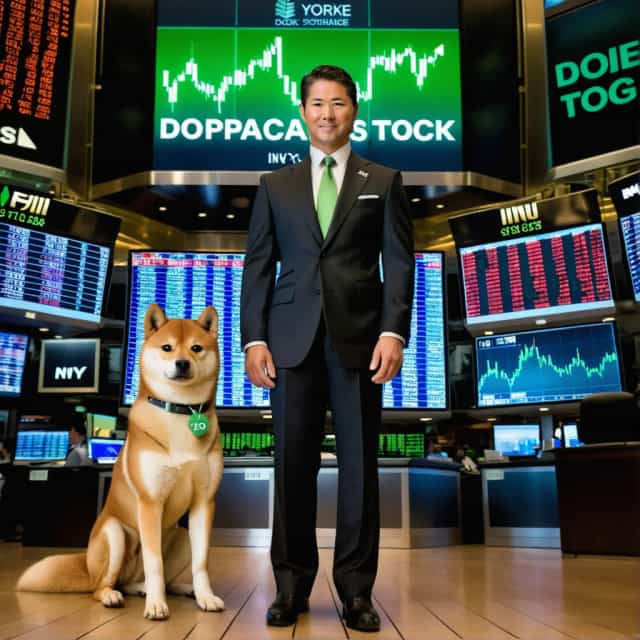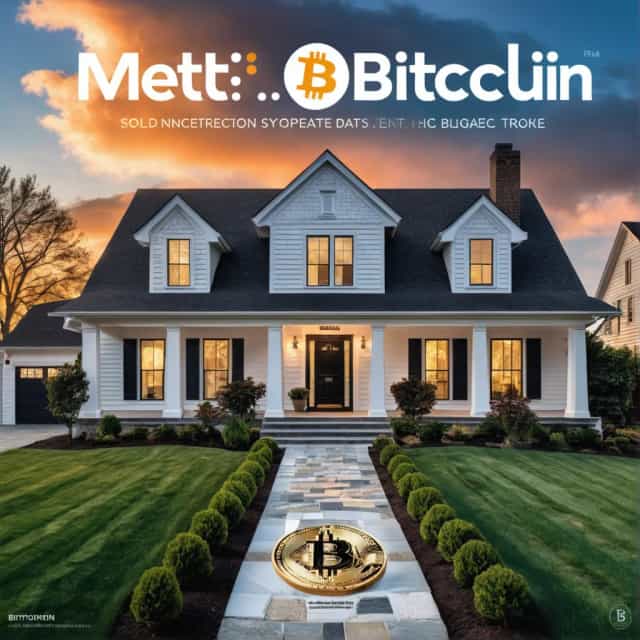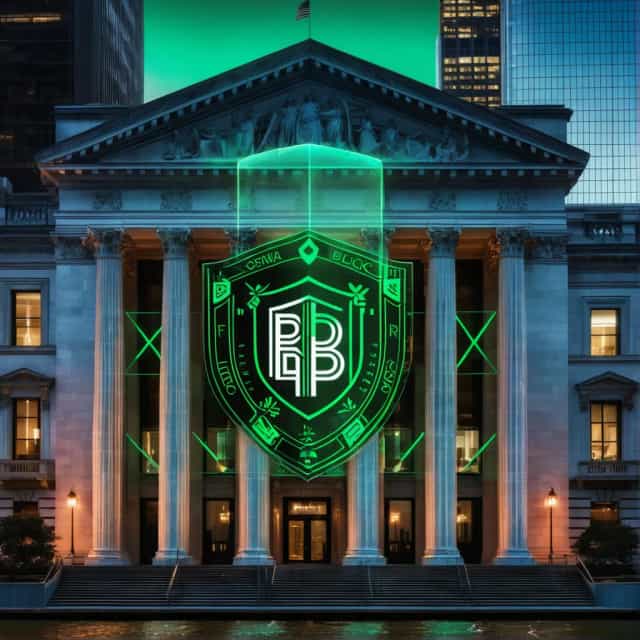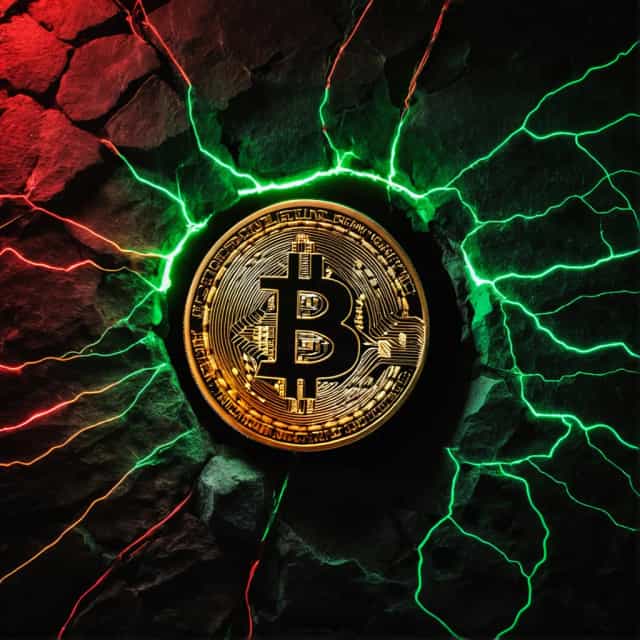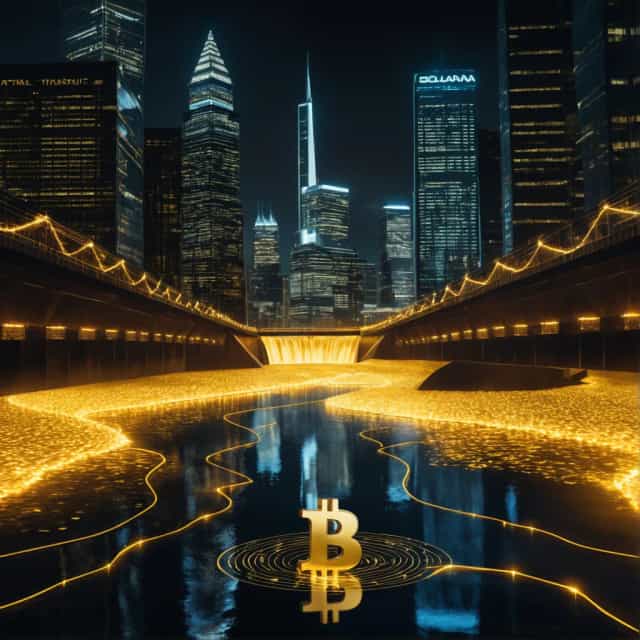
Image source: Block Media
Robert Kiyosaki Calls Out U.S. Financial Education Failures, Champions Bitcoin as Inflation Hedge
Robert Kiyosaki, renowned author of the personal finance bestseller Rich Dad Poor Dad and a prominent advocate for Bitcoin (BTC), has once again expressed his disapproval of the U.S. education system's approach to financial literacy. During an appearance on The Bitcoin Podcast on the 18th of the month, Kiyosaki issued pointed accusations that schools and educators are perpetuating outdated financial teachings rooted in traditional goals such as college admission, job security, and conventional savings plans. "The reason poor people stay poor is that they don't understand what real money is," Kiyosaki stated, underscoring the systemic flaws that perpetuate cycles of poverty.
He extended his critique to central bank policies, arguing that monetary practices, such as rampant money printing, funnel wealth into the hands of the elite while further marginalizing middle- and lower-income populations. "Every time fake money is printed, the wealth gap widens. People like me get richer, but ordinary citizens become poorer," Kiyosaki explained, highlighting the intersection between government policies and economic inequality.
Inflation and Bitcoin's Role in Battling Economic Inequities
Kiyosaki's criticism comes at a time when inflation continues to erode the purchasing power of the U.S. dollar. Referencing data provided by the U.S. Bureau of Labor Statistics, he emphasized this alarming trend: the purchasing power of $1,000 in August 2000 has plummeted by approximately 47% as of August 2025. While the Federal Reserve sets its target inflation rate at 2% annually, the accumulated effects of inflation have significantly diminished real wealth for ordinary citizens.
Meanwhile, Bitcoin has emerged as a potential hedge against this economic instability. Kiyosaki observed BTC's meteoric rise, with the cryptocurrency appreciating approximately 900% over the last five years, presenting an alternative to traditional financial assets for combating inflationary pressures.
Kiyosaki revealed his personal investment in Bitcoin, disclosing ownership of 60 BTC—now valued at roughly $7 million. Beyond cryptocurrency, his portfolio demonstrates strategic diversity: he allocates rental income not only to Bitcoin and Ethereum (ETH) but also to other traditional inflation-resistant assets such as gold, silver, and oil. His approach signals unwavering confidence in these investments as safeguards against the dollar's diminishing value.
Bitcoin ETFs: Opportunity or Risk?
Despite his bullish stance on Bitcoin's potential, including a forecast for its value to reach $1.8 million, Kiyosaki voiced skepticism about Bitcoin exchange-traded funds (ETFs). He referred to ETFs as "paper assets" and cautioned that they may collapse in the event of banking crises or broader financial instability. While recognizing their utility in making Bitcoin more accessible to retail investors, he issued a word of caution: ETFs are fundamentally different from holding physical Bitcoin, leaving investors exposed to external risks inherent to paper-based financial instruments.
This isn’t the first time Kiyosaki has sounded alarms about systemic vulnerabilities in the economy. In July, he drew parallels between today's financial environment and the conditions leading to the 1929 Great Depression, suggesting another catastrophic collapse could be looming ahead. Amid these uncertainties, he reiterated his preference for tangible assets like gold, silver, and Bitcoin, which he considers reliable safe havens during turbulent economic periods.
A Vision for Wealth Preservation in an Unstable Economy
Kiyosaki’s critiques reflect his long-standing distrust of traditional financial systems and institutions. He argues that reliance on outdated economic models and monetary policies exacerbates inequality and undermines wealth-building opportunities for everyday people. His advocacy for Bitcoin, precious metals, and other alternative investments is deeply rooted in his belief that decentralization and tangible assets offer robust protection against inflation, currency devaluation, and economic uncertainty.
By challenging conventional financial strategies, Kiyosaki continues to champion the importance of diversifying investment portfolios with innovative and inflation-resistant assets. At a time when growing inflation and economic disparities dominate the headlines, his insights resonate with investors seeking to navigate the shifting tides of the global financial landscape.





